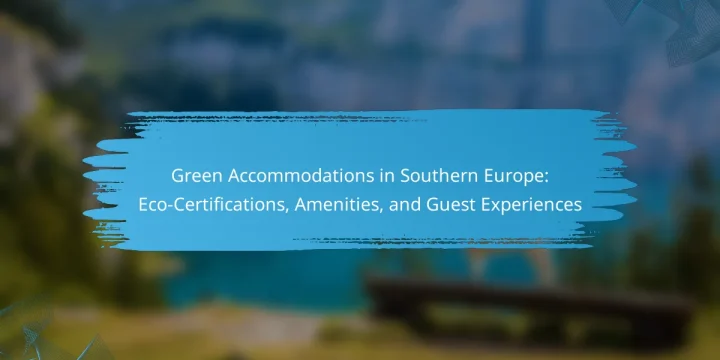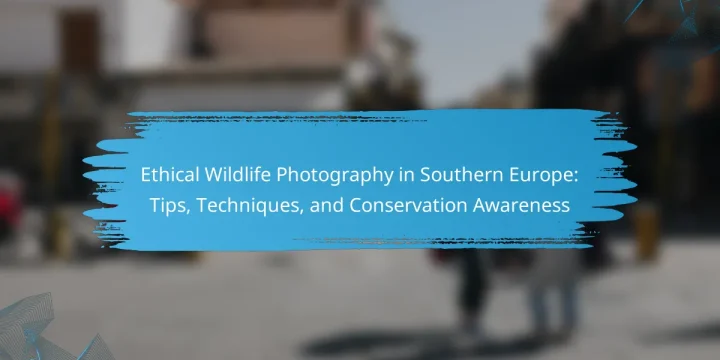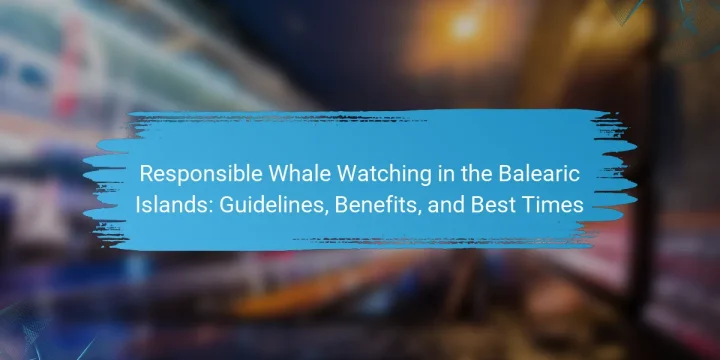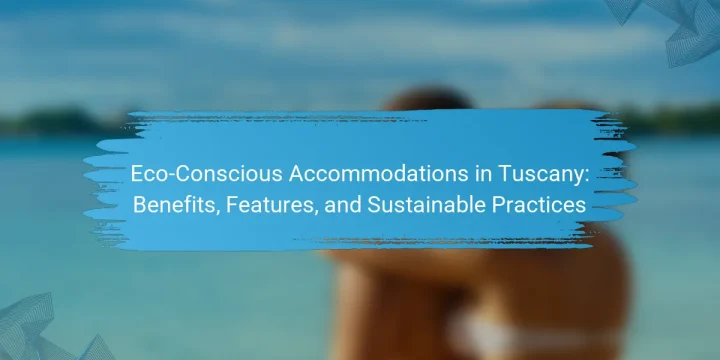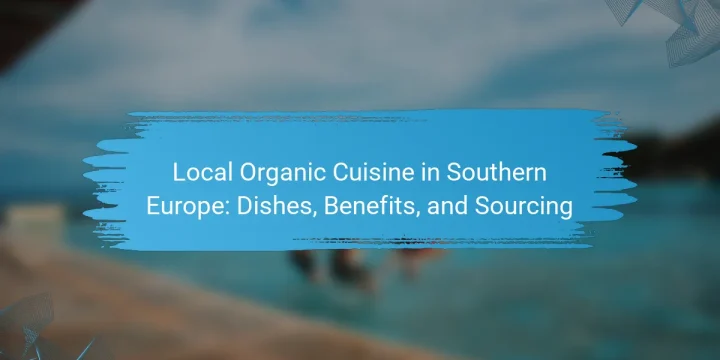
Local organic cuisine in Southern Europe offers health benefits and promotes sustainability through fresh, seasonal ingredients. This article explores regional dishes like ratatouille, paella, moussaka, and caponata. It discusses the health advantages of consuming local organic food and highlights sourcing methods from farmers' markets and local co-ops. Additionally, it addresses challenges chefs face in preparing these dishes while maintaining quality and tradition. What defines local organic cuisine in Southern Europe? Local organic cuisine in Southern Europe is defined by its use of fresh, seasonal ingredients sourced from local farms. This approach emphasizes sustainability, flavor, and health benefits. Dishes often feature regional specialties, highlighting unique attributes like traditional cooking methods and cultural heritage. Sourcing from local producers fosters community ties and reduces carbon footprints, enhancing the overall dining experience. How does…

